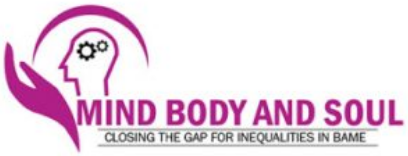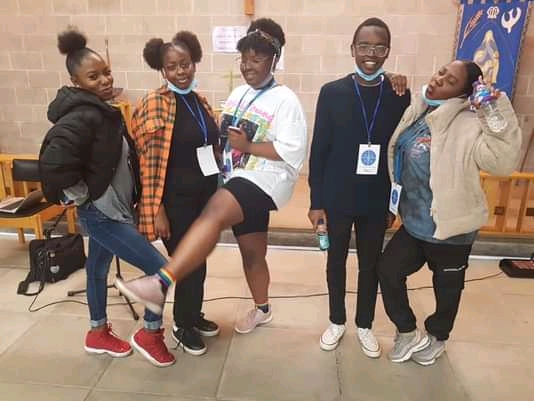We spoke to Justine Nakimuli, the founder of MBS (MindBodyandSoul) about their activities funded by our Community Grants for British Science Weeks which aimed to improve the mental health of ethnic minority communities.

Tell us about your community group and the sorts of activities you usually run.
Our charity MBS (Mind Body and Soul) exists to support the mental health of ethnic minority communities in the UK and is a registered charity in Liverpool.
We work in partnership with the Ugandan Community Association and other ethnic minority groups of African origin in Liverpool, Manchester, Warrington, the Wirral and St. Helens. Our aim is to use culturally sensitive approaches to educate, support and advocate to stamp out stigma on mental illness in Black Afro communities. We want to improve community connections for young people via mentorship programmes, psycho-education, community expos, community activities and seminars.

MBS youth activities
I’m inspired to do this work by my cultural and professional background. Historically, in my culture mental illness is a taboo. We, therefore, don’t discuss it. As a mental health nurse for over 15 years, I know that mental illnesses affect 1 in 5 adults. Statistics from people of my ethnic background around mental illness are alarming: majority are diagnosed with psychosis, males are more likely to complete suicide, and they are more likely to be sectioned under the Mental Health Act.
What prior experience did you and your organisation have with science prior to being involved with British Science Week?
Our organisation was not involved with science prior to engaging with the British Science Association. Being a grass root organisation, we were finding ways of trying to involve or get young people interested in science, technology, engineering, arts and maths subjects.
What activities did you run with the British Science Week Community Grant funding?
We have been very lucky to have been chosen by the British Science Association for the last two years for a small grant of £500 to run community connection activities with young people. These are normally physical health activities, outdoor sessions that scientifically improve physical health and mental well-being.
Our first British Science Week activity was a seed germination experiment in a jar during Covid-19 pandemic, when the community was isolated and mental health and well-being at the lowest. This activity, where equipment was posted to families, helped improve families’ mental well-being by providing children with exciting opportunities to observe the different stages of seed germination and encouraged them to communicate and share each other’s experiences via Zoom. It also improved family engagement. Families looked forward to every Thursday of the week to share experiences together.
The following year we ran the baking soda balloon experience, a fun activity that took place in an open-door space for children to enjoy and avoid any accidents. This activity was at a very exciting time, as the young people were meeting in-person for the first time after lockdowns.
Why are grants like this important for your group or community?
Our science activities improve community engagement and get young people interested in the future of science.
We serve a community that covers asylum seekers and low-income families. The majority of the families we work with are below the poverty line, and being able to afford extra activities during school holidays or after school is not always possible. Grants like this support our organisation in catering to and including these families in free, meaningful activities. This helps to prevent isolation and inequalities that exist in our community.
What tips or advice would you give to community groups thinking of applying for a Community Grant for British Science Week?
Groups should not get concerned about the size of their organisation or about not being a science specific community organisation. The British Science Association is engaging with grassroot organisation like ours, who don’t have prior experience with science, to help us engage our audiences with a new topic.